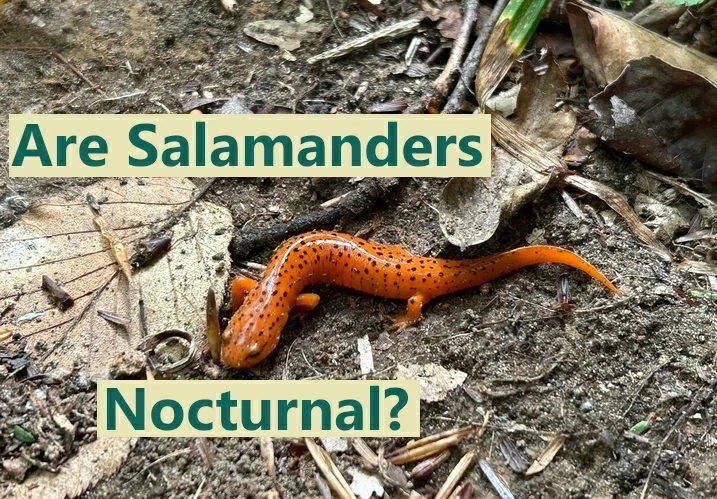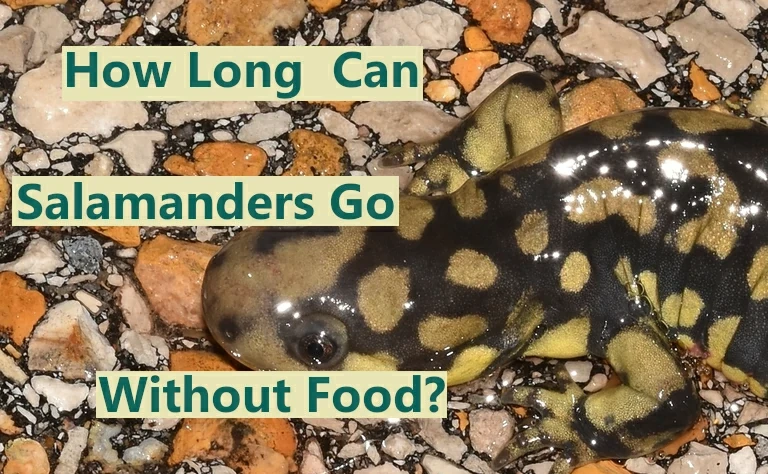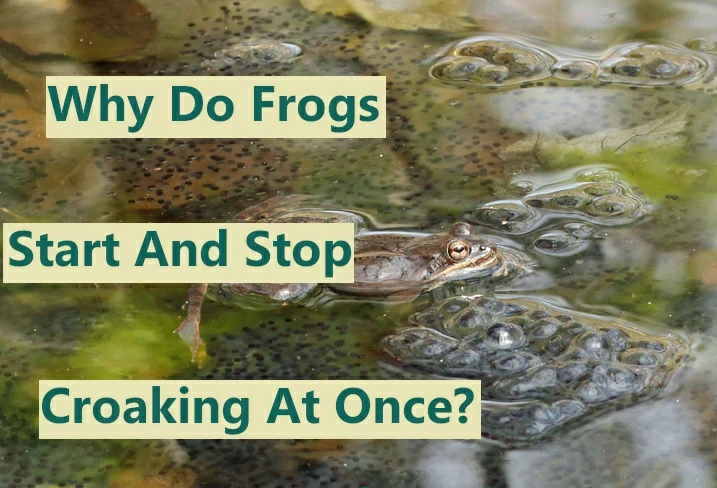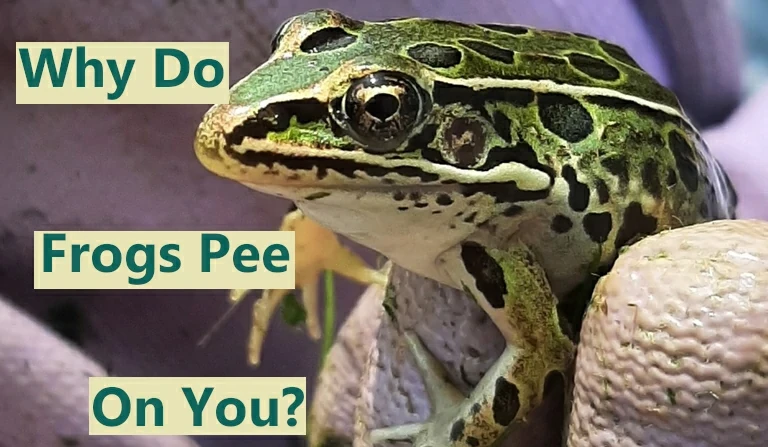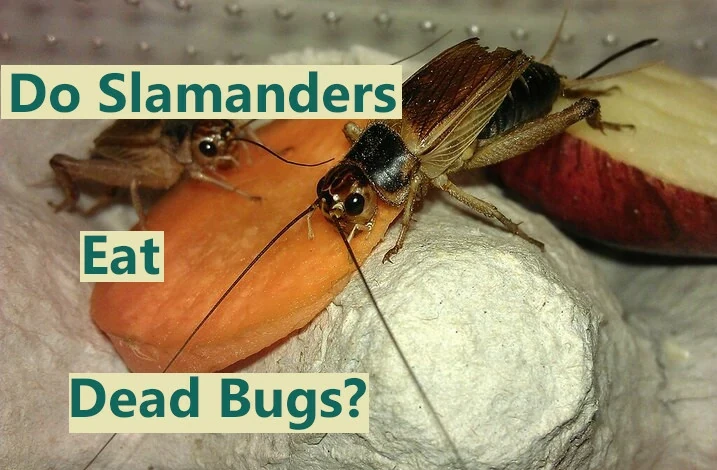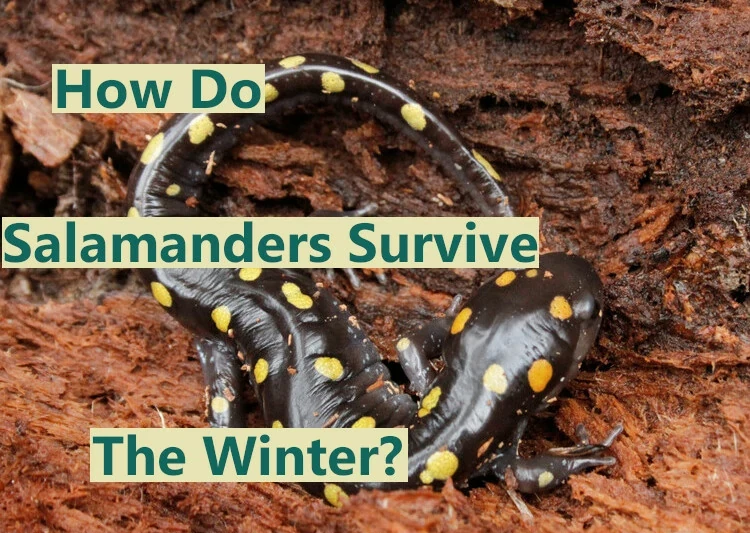Are Salamanders Nocturnal?
On warm rainy nights in the spring, it is common to see salamanders and other frogs migrating to breeding sites, or hunting for food. However, when the daytime comes, salamanders become harder to find. Most salamander species are either nocturnal or crepuscular and are most active at night or in the low-light hours right before … Read more

